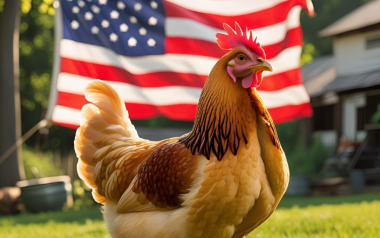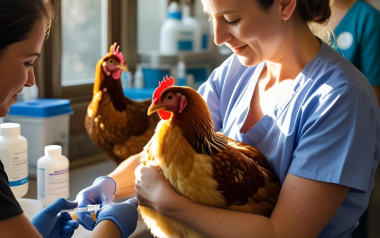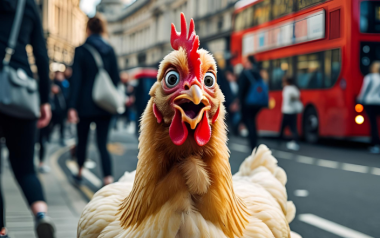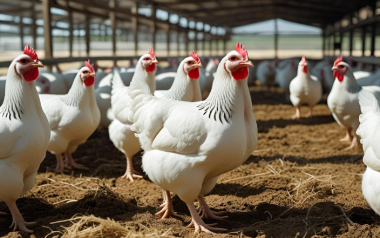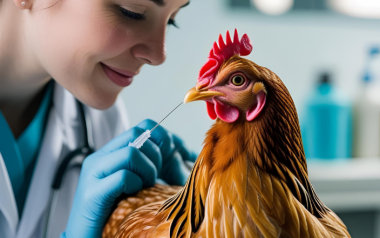Sources: Available upon request.
12 Dec 2024
Iowa faces significant losses due to HPAI
Iowa has recently experienced a severe outbreak of Highly Pathogenic Avian Influenza (HPAI), resulting in the loss of 1.6 million egg-laying hens and 50,000 turkeys. The United States Department of Agriculture (USDA) Animal and Plant Health Inspection Service (APHIS) confirmed the presence of HPAI in two commercial flocks on December 11, 2024.
Iowa has recently experienced a severe outbreak of Highly Pathogenic Avian Influenza (HPAI), resulting in the loss of 1.6 million egg-laying hens and 50,000 turkeys. The United States Department of Agriculture (USDA) Animal and Plant Health Inspection Service (APHIS) confirmed the presence of HPAI in two commercial flocks on December 11, 2024.
The affected turkey flock, located in Palo Alto County, consisted of 50,000 birds. Meanwhile, the egg-laying hens were part of a commercial layer flock in Sioux County, which involved 1.6 million hens. This incident marks the second time in recent days that a layer flock in Sioux County has been impacted by HPAI, with another flock being confirmed as infected on December 6.
HPAI is a highly contagious viral disease that affects birds, causing severe illness and often leading to high mortality rates. The virus can spread rapidly through direct contact with infected birds, contaminated equipment, or even through the air. The recent outbreak in Iowa is part of a larger pattern of HPAI cases affecting commercial poultry flocks across the United States and other countries.
In 2024 alone, Iowa has lost six commercial poultry flocks to HPAI, with half of these involving turkeys and the other half involving laying hens. Collectively, these flocks included over 10 million birds. The economic impact of such losses is substantial, affecting not only the poultry industry but also the broader agricultural sector and local economies.
The USDA and APHIS are working closely with state and local authorities to contain the outbreak and prevent further spread. Measures include quarantining affected farms, culling infected and exposed birds, and implementing strict biosecurity protocols. These efforts aim to protect both animal and public health, as well as to minimize economic losses.
The recent HPAI outbreak in Iowa highlights the ongoing challenges faced by the poultry industry in managing and preventing avian influenza. It underscores the importance of robust surveillance, rapid response, and effective biosecurity measures to mitigate the impact of such diseases. As the industry continues to recover from these losses, there will be a need for ongoing support and collaboration among government agencies, industry stakeholders, and the scientific community to enhance preparedness and resilience against future outbreaks.
In conclusion, the loss of 1.6 million layers and 50,000 turkeys in Iowa due to HPAI is a significant blow to the state’s poultry industry. The outbreak serves as a stark reminder of the vulnerabilities faced by the sector and the critical need for continued vigilance and proactive measures to safeguard animal health and ensure the sustainability of poultry production.








